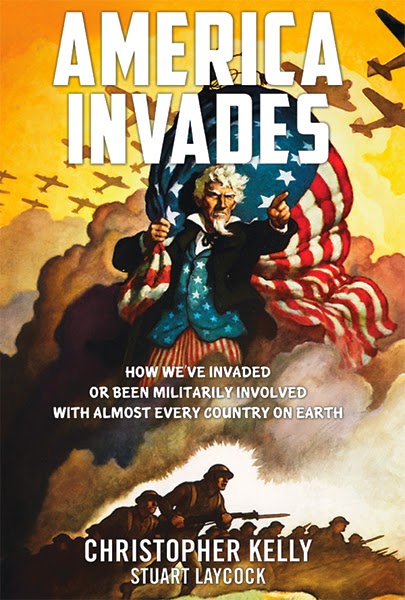 |
| Commander K. and Edith, St. Martin's Place , London |
 |
| Edith Cavell, 1865 - 1915
The American Conservative tour of London continues with a stop just north of Trafalgar square in St. Martin's Place. Here you will find a statue of Edith Cavell (http://en.wikipedia.org/wiki/Edith_Cavell) that was unveiled by Queen Alexandra in 1920 and lies just between the National Portrait Gallery and St Martin in the Fields. Edith Cavell was an English nurse who was working in a hospital in World War I. She was executed by a German firing squad on October 12, 1915.
She immediately became a propaganda coup for the allied side who used the poignant death of an innocent nurse to help bring the USA into the war on the Allied side. There were three incidents that moved President Wilson to act in 1917 to bring the USA into the war on the side of the Allies: 1) the sinking of the RMS Lusitania, 2) the Zimmerman telegram (Germany conspiring to have Mexico invade the USA in the event of America joining the allies) and 3) the execution of Edith Cavell.
After Florence Nightingale, she is likely the most famous nurse of all time. She was "the matron of the Berkendael Institute of Brussels who stayed at her post when it became a Red Cross hospital after the war broke out. Miss Cavell, the 49-year old unmarried daughter of a Norfolk vicar was formally tried and shot by a German firing squad in Brussels for the crime of helping Belgian, British and French soldiers to escape from German-occupied territory into neutral Holland."
|
What is less well known about Edith Cavell is she was herself an agent of British Intelligence--an unrecognized "Jane Bond." The historian M.R.D. Foot wrote, "a story on which I have had to sit for a generation: that Edith Cavell, shot by the Germans in Brussels in 1915 for having helped scores of British soldiers to escape into Holland, had, in fact, been an exceptionally well placed spy, despised in the Secret service for having turned aside from her duty as a spy to perform a work of mercy."
 |
| "Patriotism is not Enough, I must have no Hatred or Bitterness for Anyone" |
Nicholas Rankin continues, "Cavell's work could not be acknowledged for the usual reason: the secret services have to stay secret in order to be effective. She probably also suffered because of her sex and the popular view of it in the media. Women did not have the vote then and they did not serve in the armed forces; feminine heroism was mostly framed in terms of self-sacrifice. Thus to call nurse Cavell anything like a 'spy' (with all its lurid connotations then) would mean sliding her down the scale of female achievement, away from worthies like Florence Nightingale towards houris like Mata Hari. Compromising her virtue might have diminished her propaganda value." Source all quotes: Churchill's Wizards, Nicholas Rankin, 2008, (www.amzn.com/0571221963).
 |
| Edith Cavell statue, London |
Long before James Bond was conceived by Ian Fleming, Edith Cavell was spying for the British in occupied Belgium. Could Edith Cavell have been the model for the "unlucky" Bond girl (Severine's fate in Skyfall is not dissimilar to Edith Cavell's)? We do know that many girls in Allied countries were named "Edith" after the war in Cavell's honor including the famous singer Edith Piaf.
 |
| Edith Cavell's dog Jack, IWM, London |
Edith Cavell had a dog named "Jack" who was not executed by the Kaiser's firing squad along with his mistress and lived an additional eight years. Jack is now stuffed and mounted in the collection of the Imperial War Museum (http://www.iwm.org.uk/) -- though sadly not on public display at this time.
Meet Edith's dog Jack
Edith Piaf...Named After Cavell, Also Gloriously Defiant
American Espionage...
You can now purchase Commander Kelly's America Invades
here...www.americainvades.com or on Amazon...www.amzn.com/1940598427
here...www.americainvades.com or on Amazon...www.amzn.com/1940598427
You can now find signed copies of Italy Invades: How Italians Conquered the World here...www.italyinvades.com
or regular copies on Amazon...










































